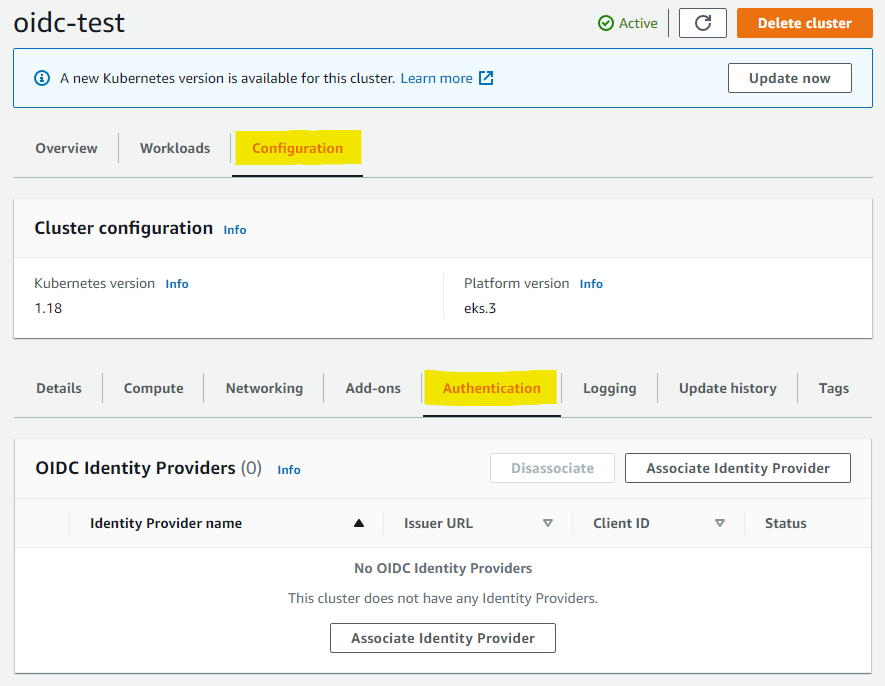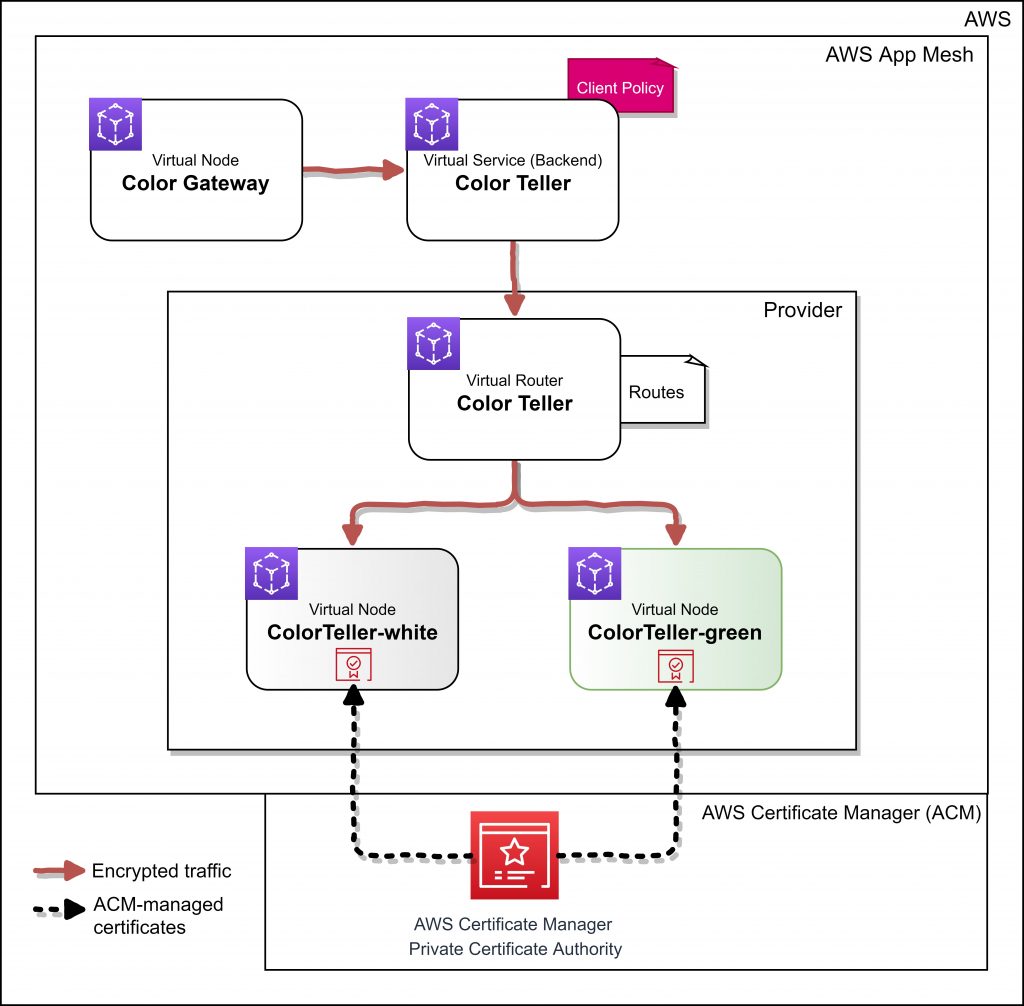Containers
Category: Expert (400)
Migrate existing Amazon ECS services from service discovery to Amazon ECS Service Connect
At re:Invent in November 2022 we announced a new Amazon Elastic Container Service (Amazon ECS) solution for service-to-service communication called Amazon ECS Service Connect. Amazon ECS Service Connect enables easy communication between microservices and across Amazon Virtual Private Clouds (Amazon VPCs) by leveraging AWS Cloud Map namespaces and logical service names. This allows you to […]
EKS Persistent Volumes for Instance Store
The Kubernetes project is made up of a number of special interest groups (SIGs) that focus on a particular part of the Kubernetes ecosystem. The Storage SIG is focused on different types of storage (block and file) and ensuring that storage is available to containers when they are scheduled. One of the subprojects of the Storage […]
Continuous Delivery of Amazon EKS Clusters Using AWS CDK and CDK Pipelines
This blog is no longer up to date and we recommend reviewing the Amazon EKS Blueprints for CDK Pipeline SDK module which makes it easier to create infrastructure Continuous Delivery pipelines via AWS CodePipeline. Customers are looking for ways to automate the deployment of their Amazon EKS clusters across different versions, environments, accounts, and Regions. […]
Amazon ECS on AWS Outposts
AWS Outposts is a fully managed service that offers the same AWS infrastructure, AWS services, APIs, and tools to virtually any data center, co-location space, or on-premises facility, in the form of a physical rack connected to the AWS global network. AWS compute, storage, database, and other services run locally on Outposts, and you can […]
GitOps model for provisioning and bootstrapping Amazon EKS clusters using Crossplane and Flux
In an earlier blog (Part 1 of the series), I discussed the adoption of the GitOps model as an efficient strategy for provisioning cloud provider-specific managed resources, such as, for example, Amazon S3 bucket and Amazon RDS instance, that application workloads depend on. The blog presented the details of implementing a use case where an Amazon […]
Introducing OIDC identity provider authentication for Amazon EKS
Today, we introduced user authentication for Amazon EKS clusters from an OpenID Connect (OIDC) Identity Provider (IDP). This feature allows customers to integrate an OIDC identity provider with a new or existing Amazon EKS cluster running Kubernetes version 1.16 or later. The OIDC IDP can be used as an alternative to, or along with AWS […]
Enable traffic encryption between services in AWS App Mesh using AWS Certificate Manager or customer-provided certificates
Today, we announce the general availability of an AWS App Mesh feature that enables traffic encryption between services using AWS Certificate Manager (ACM) or customer-provided certificates. We sought feedback from our customers last year through the AWS App Mesh roadmap issues #38 and #39 and the features were made available on the AWS App Mesh […]
AWS CodeDeploy now supports linear and canary deployments for Amazon ECS
AWS CodeDeploy has extended blue/green deployment support for Elastic Container Service (Amazon ECS) to include canary and linear deployments for applications hosted on AWS Fargate or Amazon Compute Cloud (Amazon EC2). Blue/green deployments are a safe deployment strategy provided by AWS CodeDeploy for minimizing interruptions caused by changing application versions. This is accomplished by creating […]
Scanning images with Trivy in an AWS CodePipeline
This post was contributed by AWS Container Hero, Liz Rice, VP Open Source Engineering at Aqua Security. If you’re working with containers, it’s important to scan your images for known vulnerabilities, so that you don’t deploy code that an attacker can easily exploit. A good way of ensuring that all your deployed images get this […]
Cross Amazon EKS cluster App Mesh using AWS Cloud Map
Overview In this article, we are going to explore how to use AWS App Mesh across Amazon EKS (EKS) clusters. App Mesh is a service mesh that lets you control and monitor services spanning two clusters deployed in the same VPC. We’ll demonstrate this by using two EKS clusters within a VPC and an App […]









